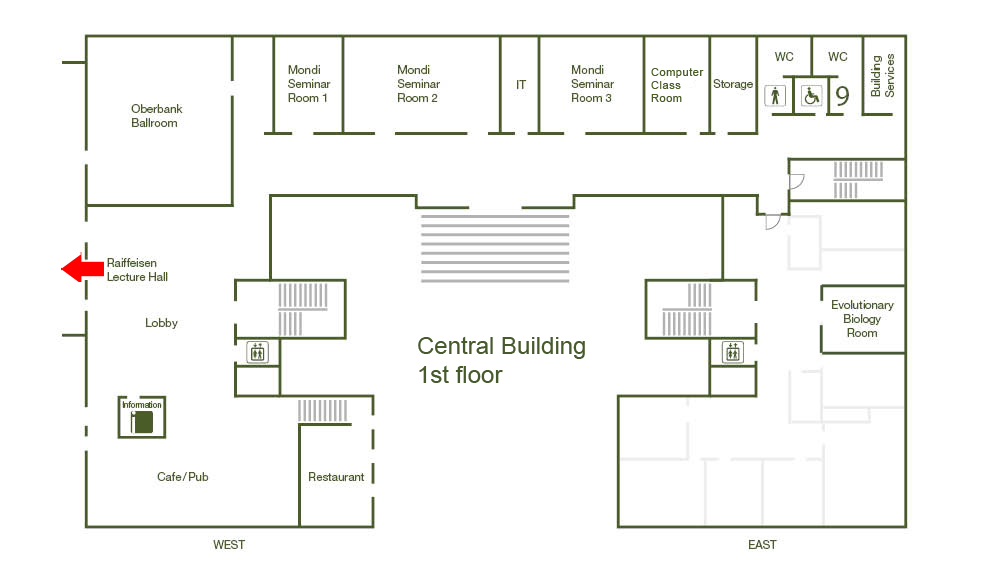The Institute Colloquium: What we can learn from past genomics?
Date
Monday, January 25, 2016 12:45 - 13:45
Speaker
Eske Willersev (University of Copenhagen)
Location
Raiffeisen Lecture Hall, Central Building
Series
Colloquium
Tags
Institute Colloquium
Contact
Url

Ancient DNA research on human remains have recently moved from the sequencing of short fragments of mitochondrial DNA mired with contamination to that of full genomes. This transition means that contamination levels can be probably quantified and that it has become possible testing complex scenarios of human population histories not revivable from uni-parentally inherited markers alone. Recent discoveries includes that Native Americans thought to be of east Asian origin also shares recent ancestry with western Eurasians through a Upper Palaeolithic population in central Asia, that populations of early anatomically modern humans in Europe were structured, contained longer tracks of neanderthal DNA and diversified from east Asians more than 37 thousand years ago. Ancient human genomics have also revealed that Aboriginal Australian ancestors diversified some 20-30 thousand years earlier from the African stuck than did eurasians. Ancient human genomics have also showed that the New World Arctic was populated twice and that significant cultural changes not always is associated with population movement, but can happen simply from the spread of ideas within a population and that peoples of the Clovis culture in North America are the direct ancestors of many contemporary Native Americans and are not closer related to Europeans or Asians. As such past genomics is transforming our view of human history and is likely to do so for the years to come.